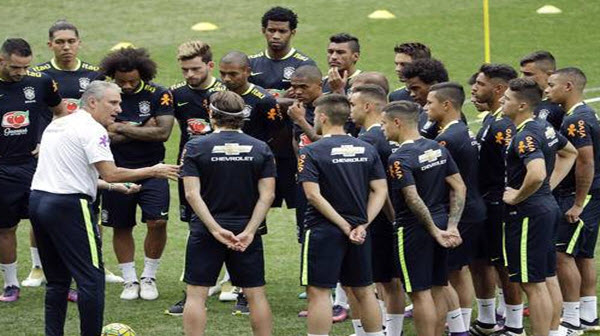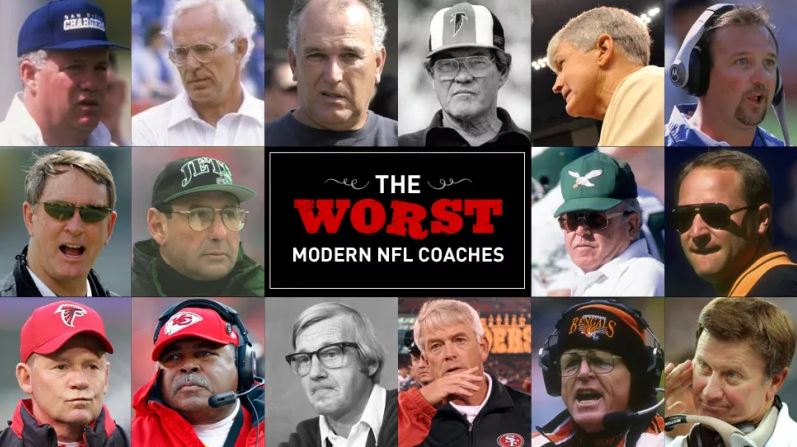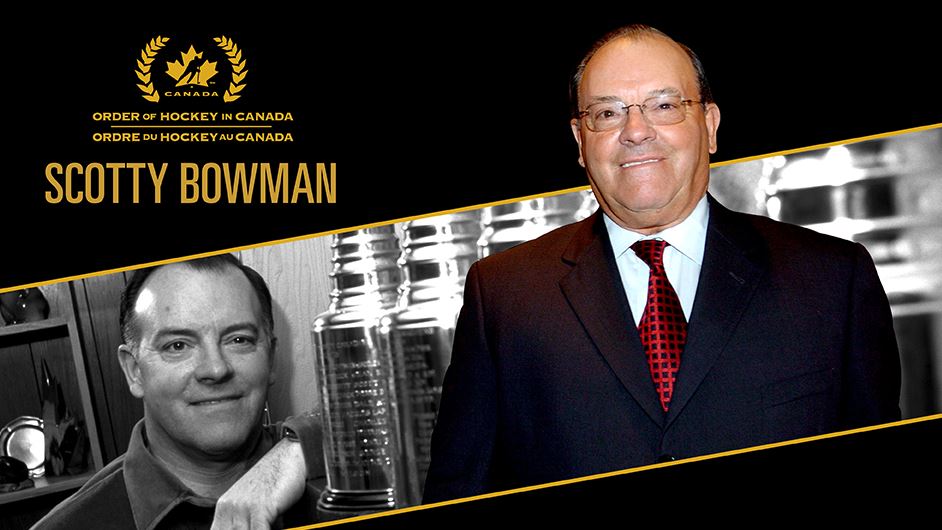Unscientific Methods Used by Coaches in Sport

Sports coaches are constantly under pressure to improve the performance of their teams and athletes. With good intentions, they usually turn to the most recently hyped psychological ideas and techniques – many of which are rarely supported by scientific evidence. The techniques provided below are widely utilised by sports coaches. However, none of them
Learning Styles
Some people learn by watching a technique or skill, known as visual learning. Some people learn by listening to a description of a certain skill, known as auditory learning, and some people learn by practising the skill or movement, known as kinaesthetic learning. This is a belief that is widely promoted by governing bodies in sport, and most coaches believe that athletes and teams have their own unique learning style. However, there’s no evidence that learning will improve by kinaesthetic, auditory, or visual coaching styles.
Neuro-linguistic Programming
Practitioners of neuro-linguistic programming, or NLP, claims that eye movements can reveal thoughts. For instance, when an athlete looks up to the right or left, they will try and visualise something. However, when an athlete is looking down to the right, they think about feelings. Sports coaches that use this information to identify what a person is thinking about and then assist them to change their thoughts.
Brain Gym
This essentially includes a series of simplistic movements, including touching your right heel with your left hand and then your left heel with your right hand, or placing an index finger and thumb on either side of the chest bone while your other hand will rub your stomach. The primary objective of these simplistic movements is to make more efficient movements and to improve overall coordination. It also helps to increase focus, concentration, and motivation.
Myers-Briggs Type Indicator
There are plenty of sports organisations that utilise Myers-Briggs which is basically a questionnaire which assesses the type of personality of an athlete to assist them in deciding whether or not to recruit them to the programme or team. The questionnaire also assists coaches to help them understand how a player makes decisions and behaves in order to communicate more effectively. Although this method is extremely popular, there are those that have concerns about it. For instance, most believe that it classifies athletes into a broad category, including extrovert and introvert. However, this approach is regarded as far too simplistic and doesn’t completely capture the complexity of one’s personality.
Action Types
This is basically a combination of practices to boost an athlete’s brain, learning styles, and movement styles that are very similar to that of Brain Gym. Coaches state that it assists them in understanding their team or athletes better and allows athletes to understand their bodies much better. However, since information regarding this approach is extremely hard to come by, we can conclude that this method is not credible among coaches. Sports coaches should rely on evidence-based techniques to improve the performance of their teams and athletes.









